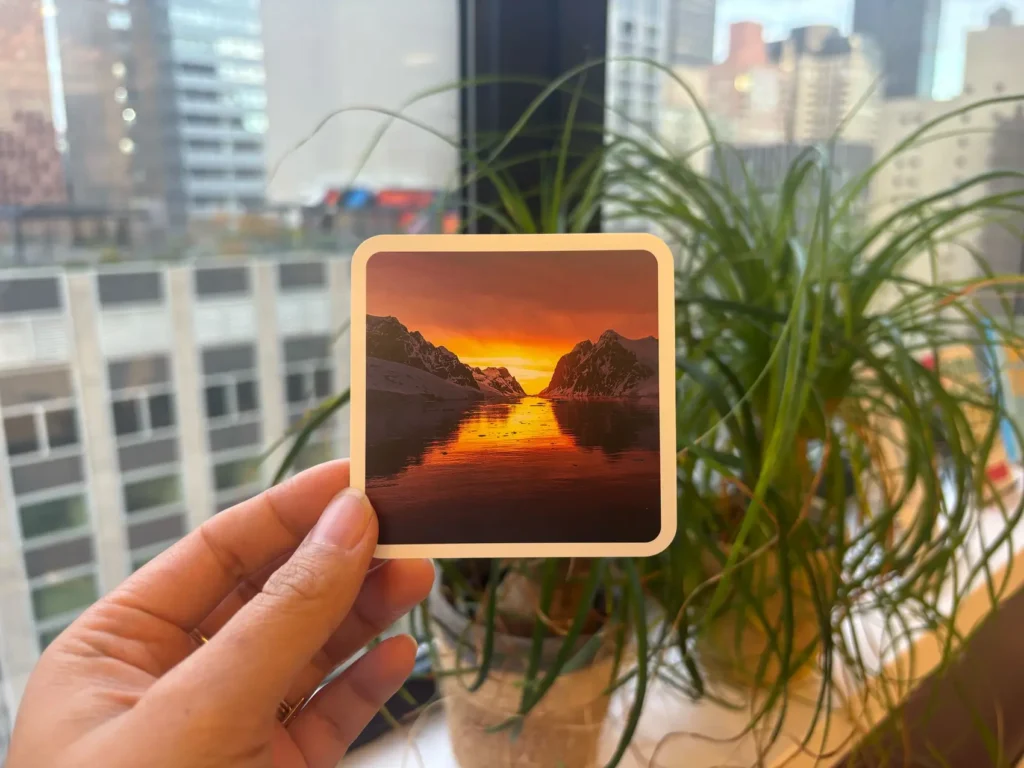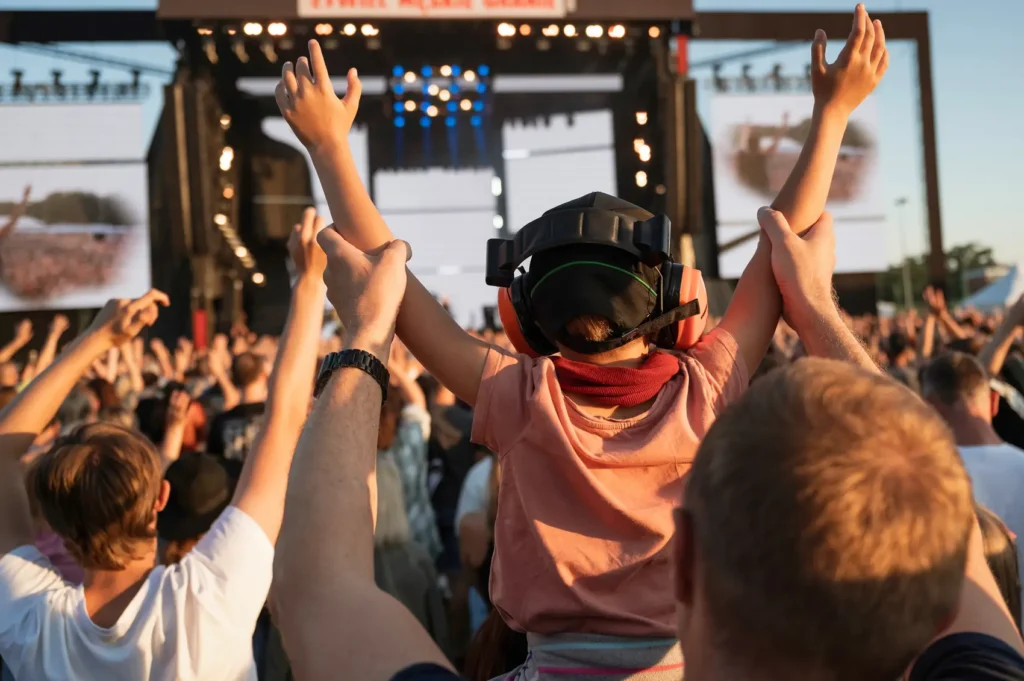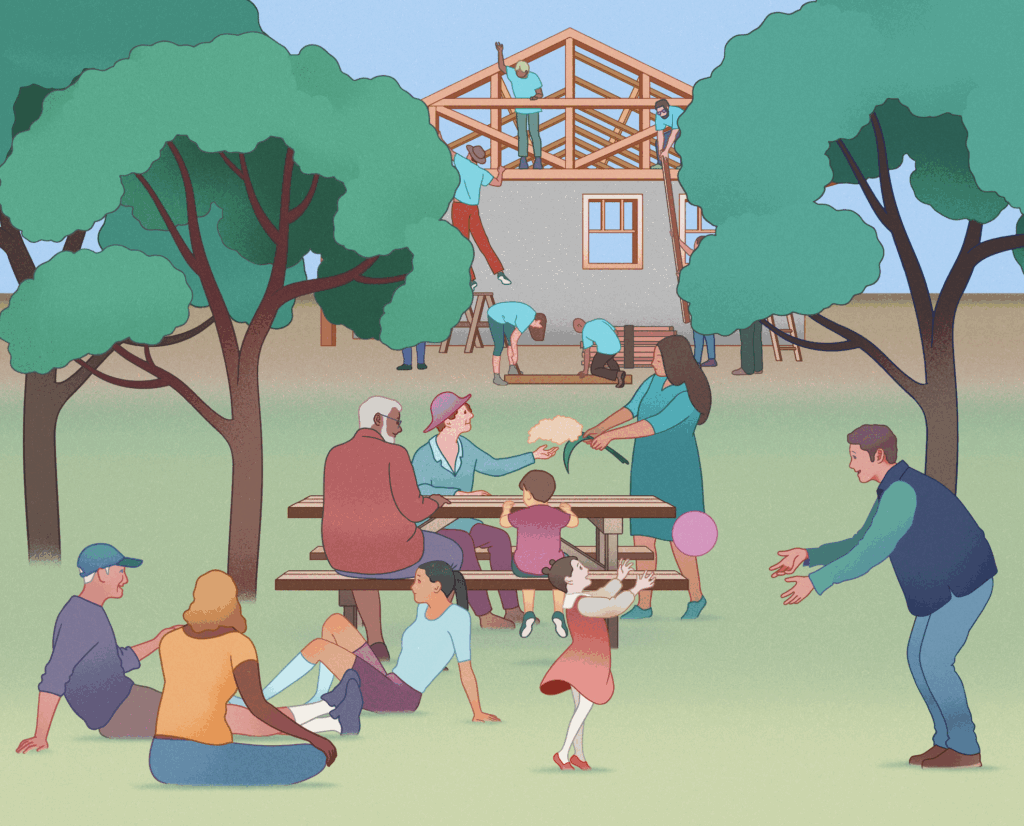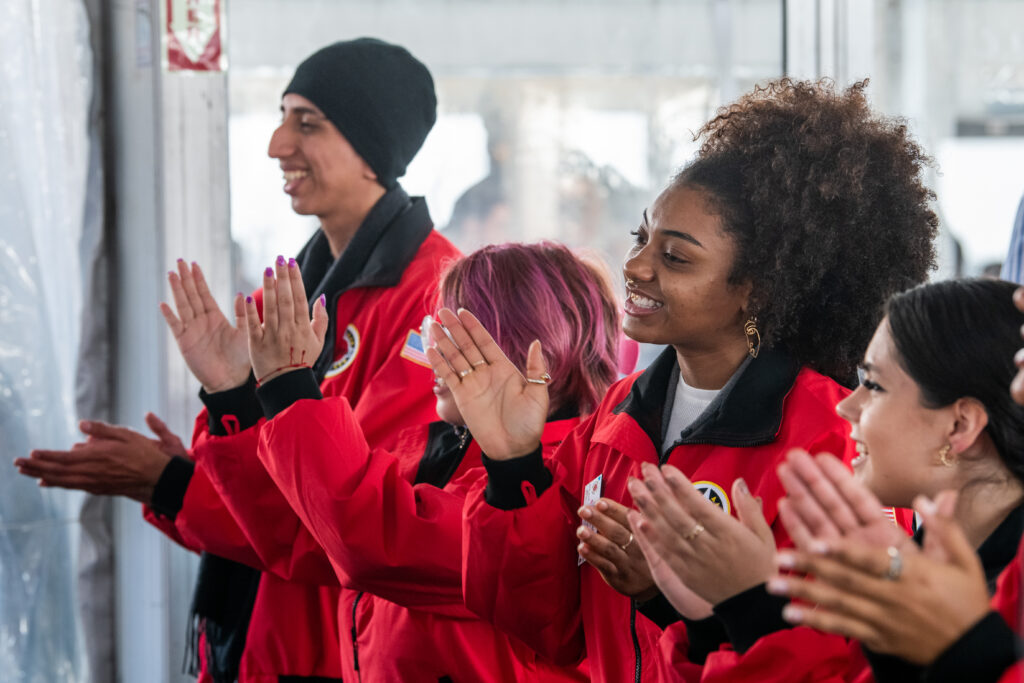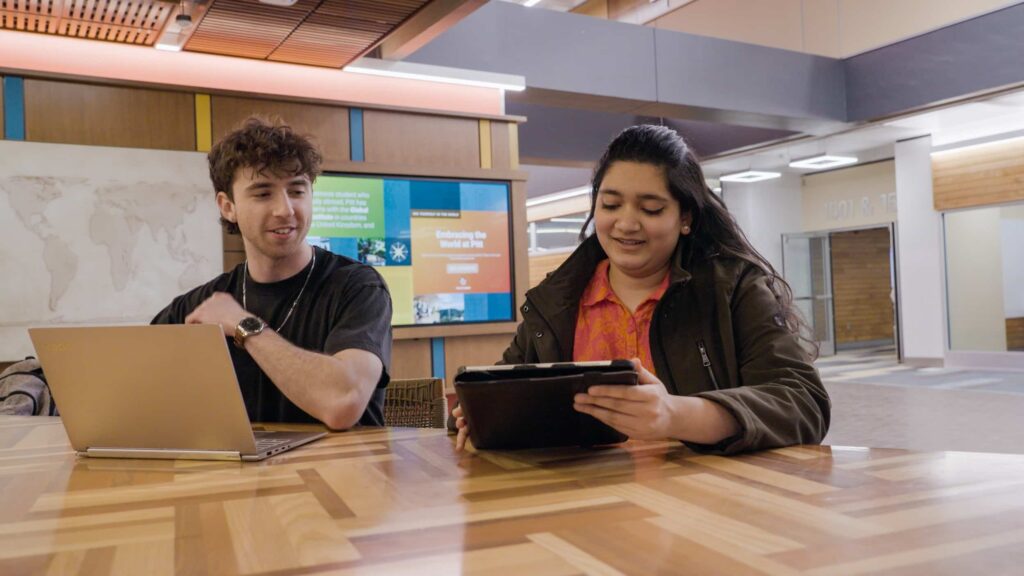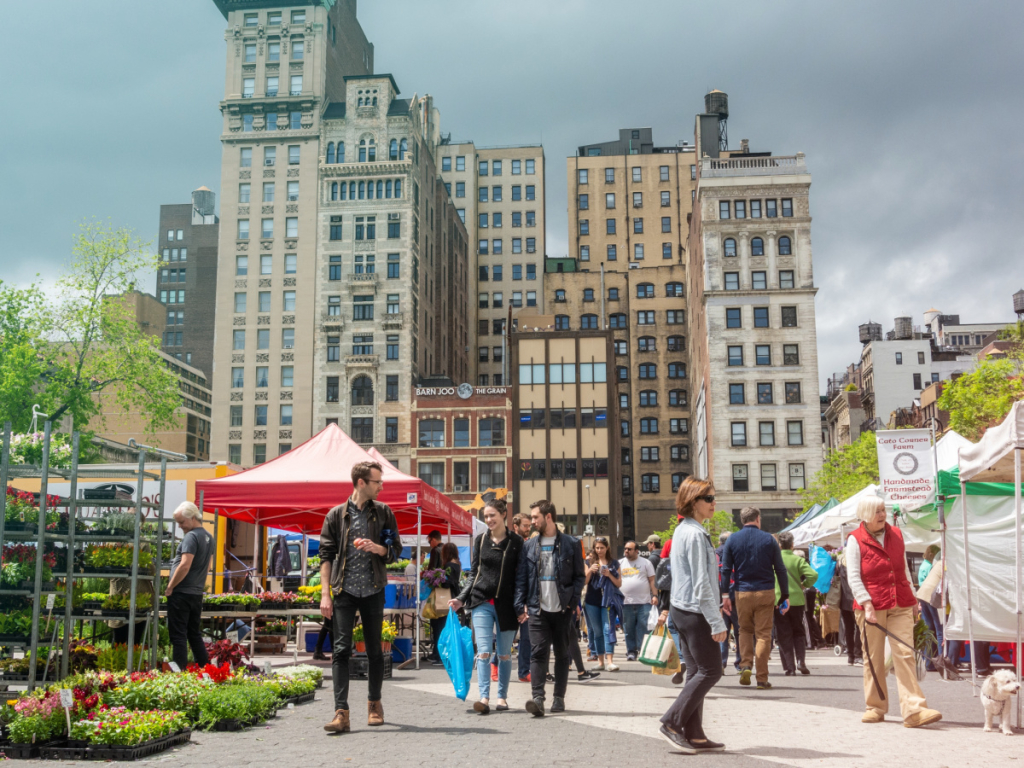On an early July morning, I met up with our incredible summer interns, Veronika and Fanta, to head to Chicago for BridgeUSA’s Chapter Leader Summit. This annual gathering trains BridgeUSA’s high school and college chapter leaders on how to promote constructive dialogue and heal political divides on their campuses, preparing them to lead their members in the upcoming school year.
The energy and excitement at the convention were undeniable. Looking at a crowd of high school and college students dressed up in business attire and meeting each other for the first time, I was reminded of being that age. The last thing I wanted to do in the summer was wear a suit and put myself in rooms full of strangers. It was clear how committed these students were to this shared experience to make their campuses a little better and healthier than they are now.
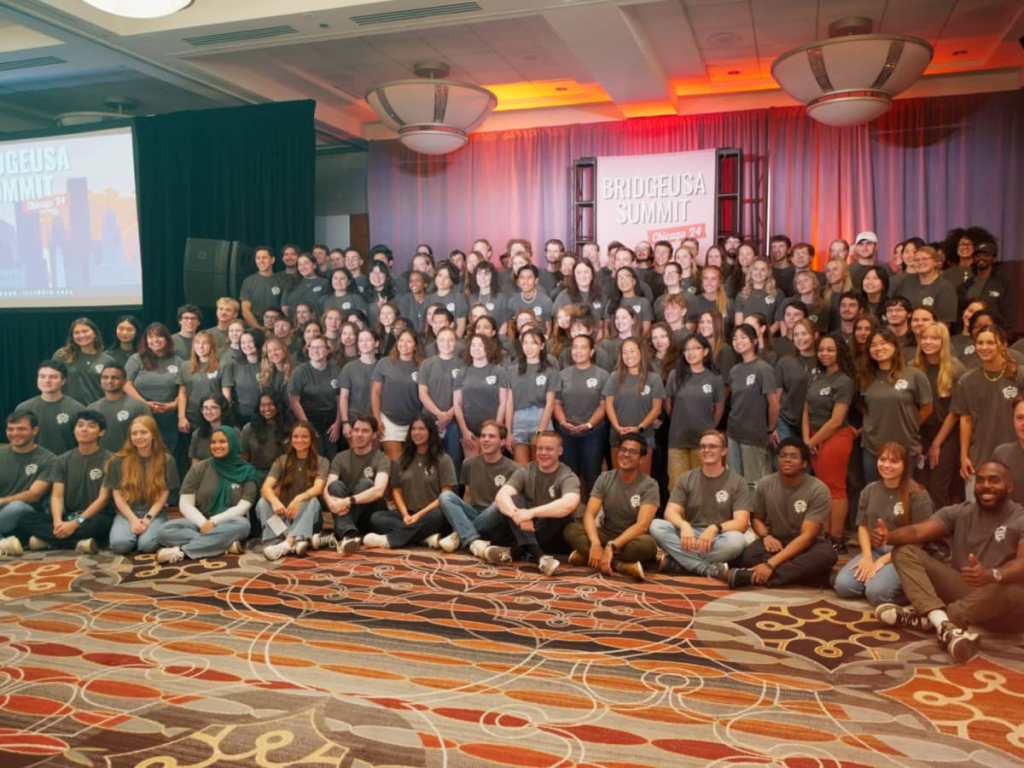
At the opening reception, I was struck by a remark by Ross Irwin, Chief Operating Officer of BridgeUSA. “You could be doing anything with your summer, but you chose to be here,” said Ross from the stage. “You’re on the front lines of a challenging school year, and your campuses need you to help maintain civility, foster ideological exchange, and ultimately uphold our democracy.”
Many students nodded as if to accept Ross’ call to action. By highlighting the expertise of his peers, Ross reminded them of their agency to build a more cohesive campus environment.
Not only had these students chosen to attend the summit, but they also chose to lead fellow students during such a divided time on their campuses. By raising their hands to be BridgeUSA chapter leaders, they chose to be curious about perspectives they may not understand, vulnerable in offering their own beliefs, and committed to facilitating constructive conversations about contentious issues even when it had become increasingly difficult to do so.
According to the spring 2024 Harvard Youth Poll, nearly one-third of respondents between 18 and 29 years old reported feeling uncomfortable expressing political beliefs out of fear of “censorship or negative repercussions.” How might we encourage more young people to take ownership of creating a campus culture that promotes both freedom of expression and inclusion?
BridgeUSA’s “Bridge the Gap” activity, which divided participants into small group conversations of ten people or fewer, gave me a glimpse into how we could support students in practicing conflict resolution skills and applying them in their everyday.
People need to learn how to listen to different opinions. You’re not conceding your own beliefs; you’re just making an effort to show people that you care about them and that other views matter to you even if they are not the views that you hold.
Ven Meester,
Student, University of Wyoming
I was eager to see how the students would navigate conversations on topics like diversity, equity, and inclusion; the Israeli-Palestinian conflict; Donald Trump and Joe Biden; gun control; and reproductive rights with peers they had just met.
I decided early on to be an observer, but as the discussions progressed, I found myself disagreeing with a participant and felt compelled to engage. By the time I finished sharing my own perspective, another tablemate started clapping in agreement, and I instantly felt a sense of regret. I did not intend to take sides or for my comments to alienate anyone, especially not a young person who was there to practice bridge-building on their day off.
Before I could say more, the young man with whom I disagreed looked at me and said, “I’ve never thought about it that way. I don’t think I believe that anymore. I’d love to continue this conversation later if you’re open to it.”
My regret melted away, replaced with admiration for his decision to reach out and learn more at that moment. He chose to listen to a different point of view and remain engaged with someone who saw the world differently than he did. Those choices reflect a depth of skills that our society desperately needs — more people willing to listen, learn, and grow.
That college student and I had a more in-depth conversation later that day. This time, we both felt more open to sharing our perspectives, because we knew, even if we disagreed, we were both committed to listening to one another.
Attending the BridgeUSA Chapter Leader Summit helped remind me that there are students, like this young man, all over the country who care deeply about building the type of campus environment where everyone can contribute and feel a sense of belonging.

